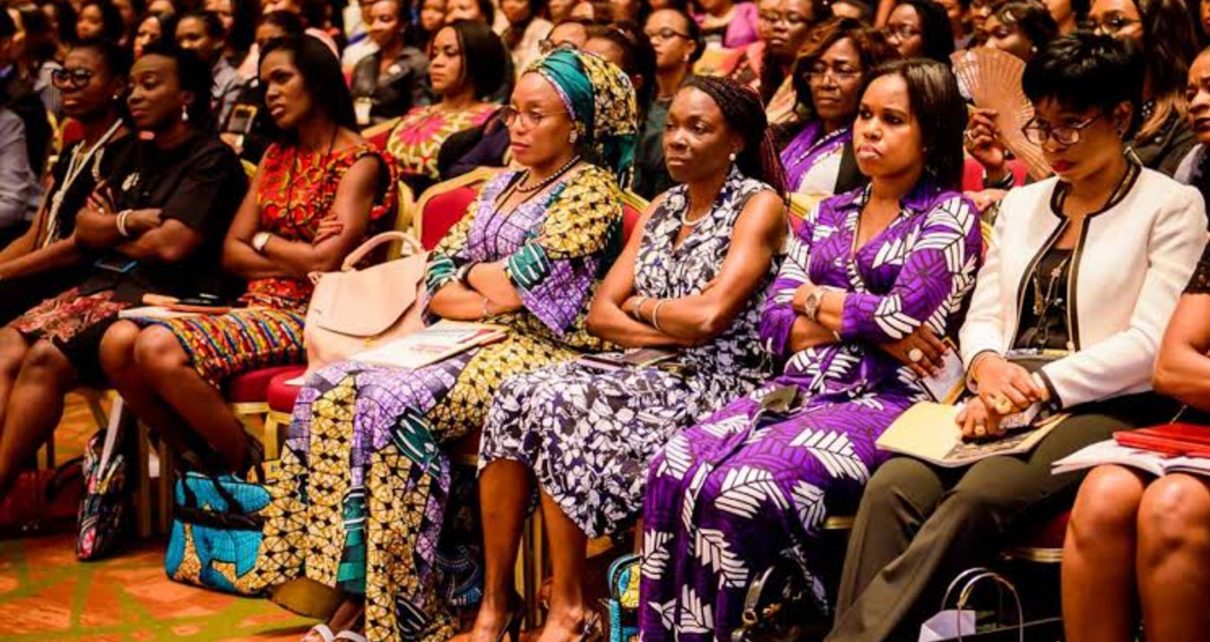The National Bureau of Statistics(NBS) says women have continued to record low participation in all tiers and levels of governance.
This is mentioned in the NBS Statistical Report on Women and Men in Nigeria 2021 released in Abuja on Tuesday.
The report added that inspite of all efforts to support the contribution of women in the domain of politics and decision-making, women have continued to record low representation at all tiers and levels of governance.
Women, it added, formed almost half of the electorate.
The report said in Nigeria, women have never been named as Secretary to the Government of the Federation.
It said women have also not been chosen as President or Vice-President since independence and the return of democracy in 1999 to the last election in 2019.
The report said since freedom, women have never been the President or the Vice-President in Nigeria.
It said the highest representation in the National Parliament of 7.2 per cent was achieved in 2007-2011.
“It was 6.6 per cent each in 2011 – 2015 and 2015 – 2019.”
According to the report, six women and 73 males held key roles in the Senate in 2016 and 2017.
“The years 2018 and 2019 have the same figure of seven women and 72 men as principal officers.
“Only nine women out of 106 members of the House of Representatives occupied principal positions in 2019.”
It stated that from 2016 to 2019, just six women had the role of committee chairperson for each year, while a woman held the position of Minority Senate Leader in the Senate in 2018 and 2019.
According to the research, women currently make up 6.2 percent of the National Parliament (National Assembly) in 2019, while men make up 93.8 percent.
According to the NBS, statistics from the Office of the Secretary to the Government of the Federation (SGF) indicated the number of males and females appointed as Ministers between 2016 and 2019.
“In 2016 seven females were appointed, this decreased in 2017 to five females.
“Female ministers appointed in 2018 were six and in 2019, only seven were among the 43 appointed ministers.”
In 2016, 31.87 percent of Nigeria’s National Judicial Officers were female; in 2017, that number rose to 31.98 percent; in 2018, that number fell to 28.86 percent, according to the study.
From 2016 to 2018, there were no females in the top judicial positions in Nigeria, according to the report. This included the Chief Justice of Nigeria, the President of the National Industrial Court, and the Chief Registrar of the Supreme Court.
“For the same period, females had been the President of the Court of Appeal and the National Judicial Council.”


